Canada – Newfoundland year 1890 – 3c. stamp Queen Victoria Unused MH
The Newfoundland 3-cent Queen Victoria stamp of 1890 is a classic issue from the former British Dominion of Newfoundland, which was a separate entity from the Dominion of Canada until 1949.
Here are the key details about this specific stamp:
| Feature | Details |
| Issuing Authority | Newfoundland (a self-governing British Colony/Dominion) |
| Year of Issue | 1890 (Issued November 1, 1890) |
| Denomination | 3 cents (3¢) |
| Design Subject | Portrait of Queen Victoria (based on an engraving) |
| Color | Slate (or Deep Slate, Grey Lilac, Greyish Slate in different shades/catalogues) |
| Catalogue Numbers | Scott: #60 (The primary catalogue number) |
| Stanley Gibbons (SG): #56 (Commonly referenced SG number) | |
| Series | Definitive Issue (Re-issue/change of color for the 3-cent value in a long-running Queen Victoria series) |
| Perforation | Perforated $12$ |
| Printer | British American Bank Note Company (BABNC), Ottawa |
Notable Historical Context
This stamp is particularly known for its later use as a provisional issue:
- 1-Cent Surcharge (1897): Due to a shortage of 1-cent stamps in 1897, the 3-cent slate stamp from 1890 was provisionally surcharged (overprinted) with “ONE CENT” and a new value.
- This surcharged stamp is listed separately in catalogues (e.g., Scott #75) and is highly collectible due to the varieties created by the different fonts used for the overprint.
The original 1890 3-cent Slate stamp itself is a popular Victorian-era colonial issue, representing Newfoundland’s postal independence before its confederation with Canada. Its valuation in collector catalogues depends significantly on its condition (e.g., used vs. unused, hinged vs. never hinged, and centering).

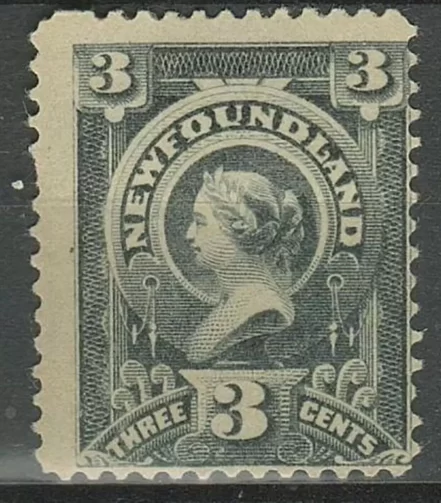
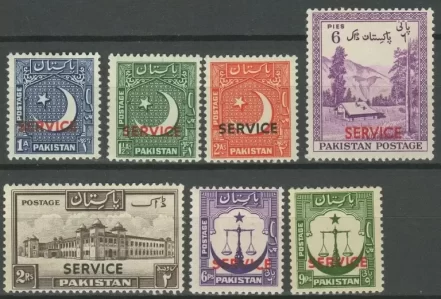
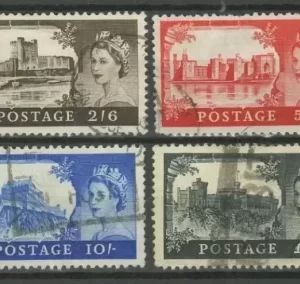
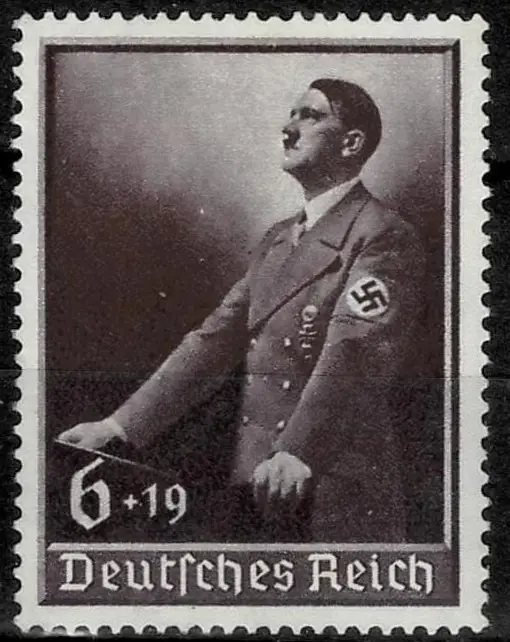
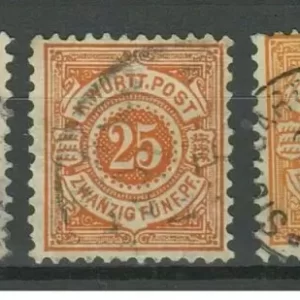
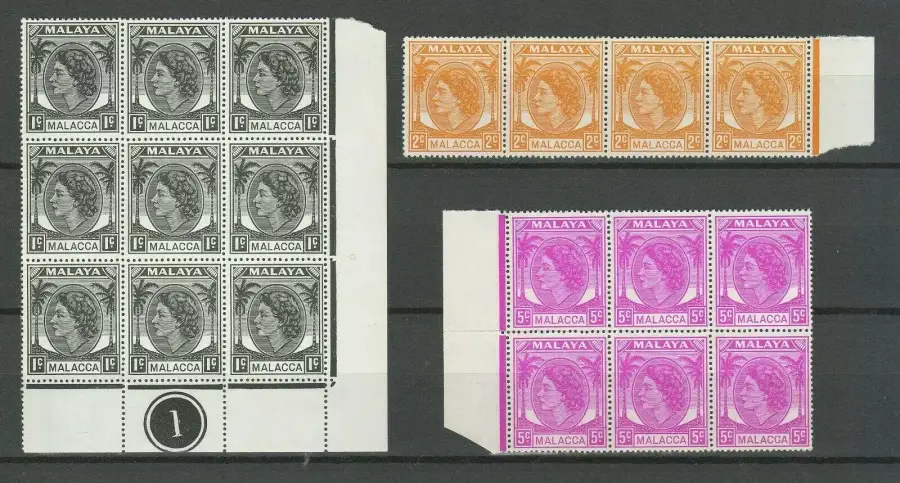
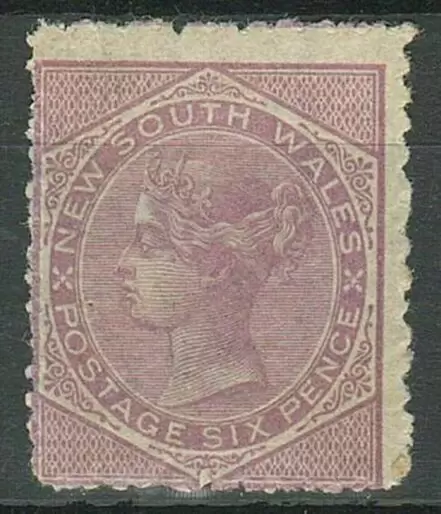
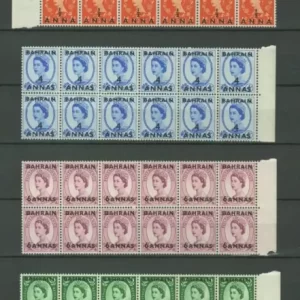
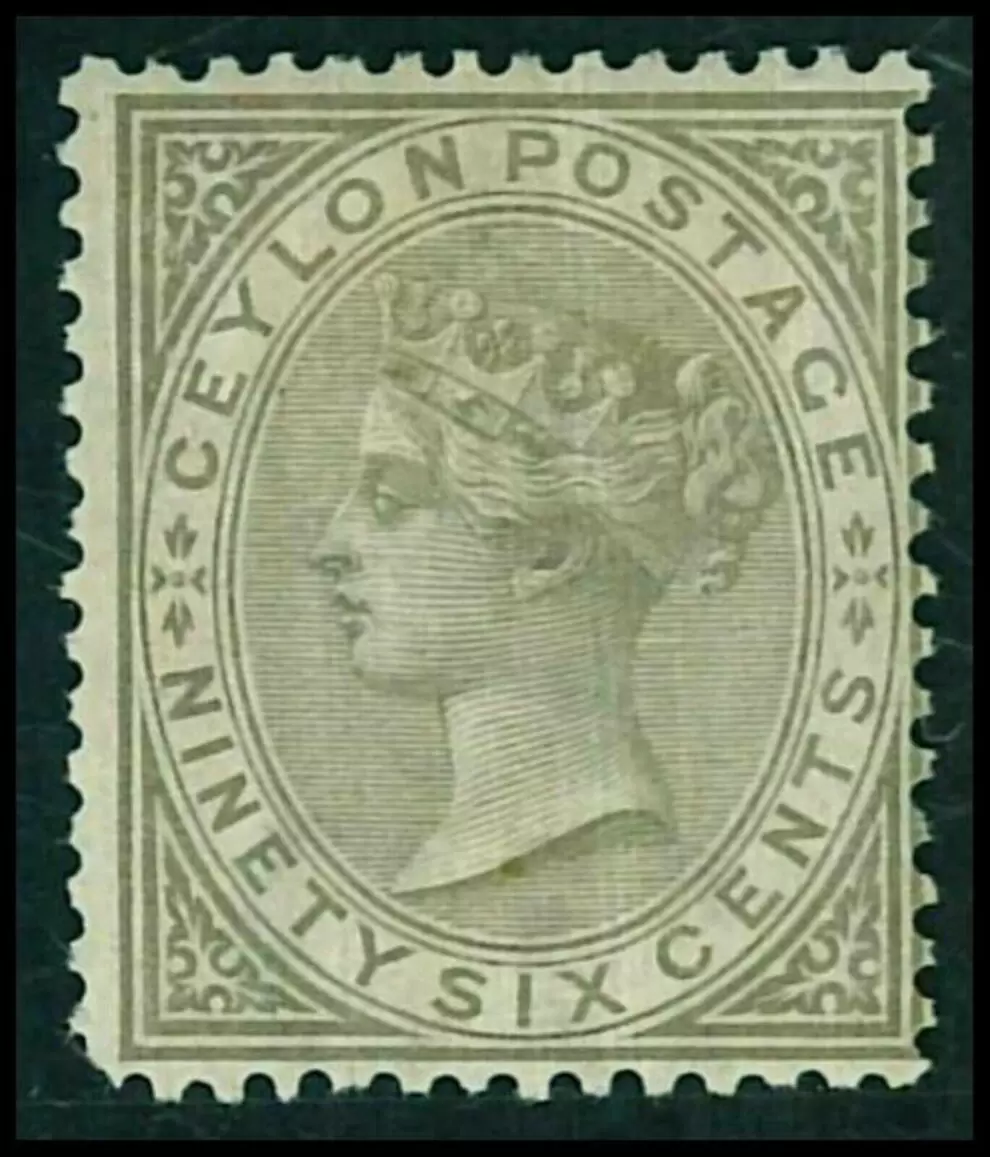
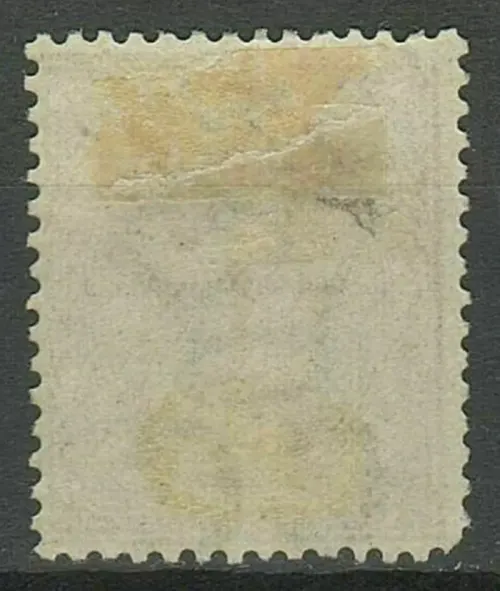
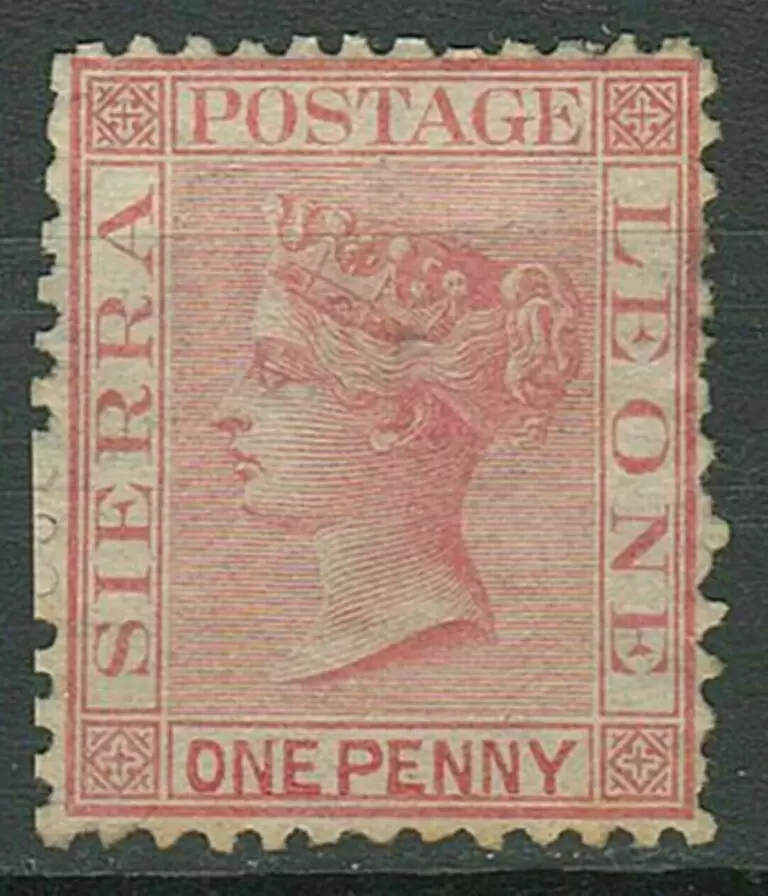
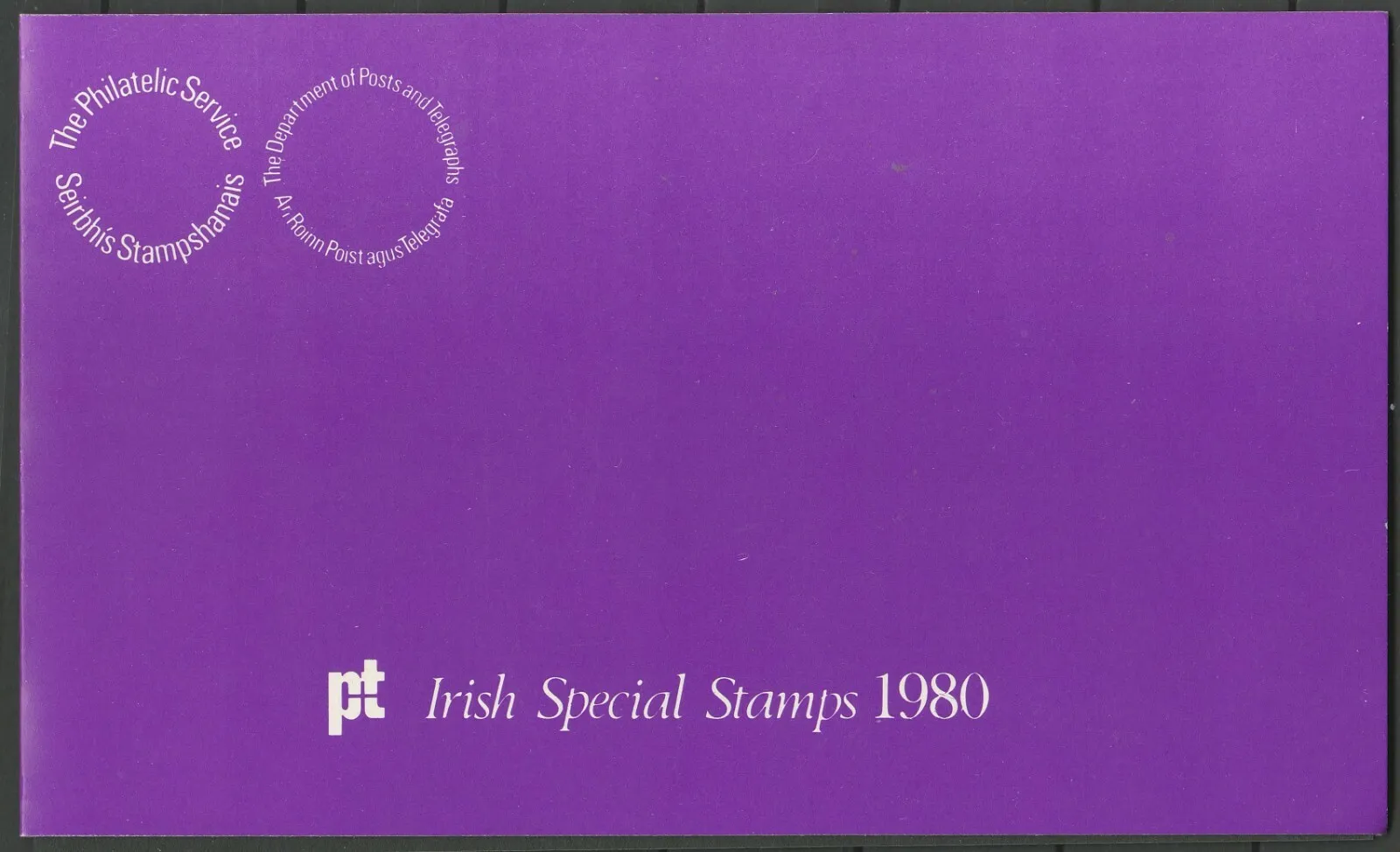
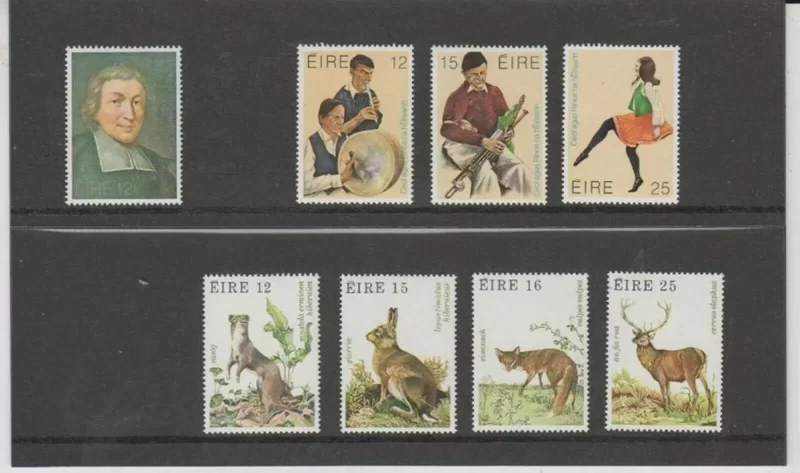
Reviews
There are no reviews yet.